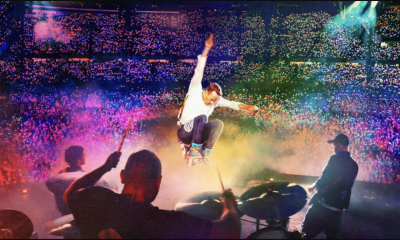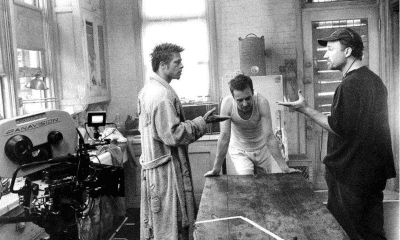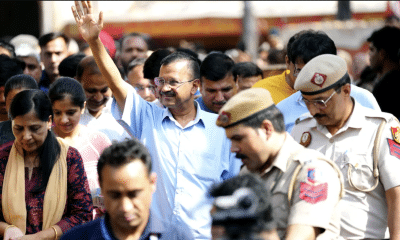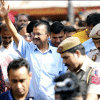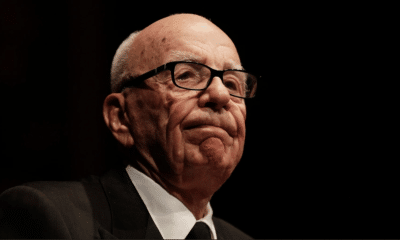In a landmark ruling, the Supreme Court of India granted bail to Manish Sisodia, former Deputy Chief Minister of Delhi, bringing a significant focus on the right to a speedy trial—a fundamental principle that prolonged judicial processes have often overshadowed. This decision, handed down nearly 18 months after Manish Sisodia’s arrest in the alleged liquor policy case, not only offers a reprieve to the Aam Aadmi Party (AAP) leader but also raises critical questions about the functioning of India’s legal system.
The two-judge bench, comprising Justices BR Gavai and KV Viswanathan, underscored the importance of ensuring that justice is not just done but is seen to be done swiftly. The verdict pointed out the glaring contradiction between Manish Sisodia’s extended incarceration and the delayed commencement of his trial. The bench highlighted that keeping Sisodia in jail without any significant progress in the trial amounted to a violation of his fundamental rights, emphasizing that “bail is the rule and jail an exception.”
This ruling is particularly noteworthy as it comes in the backdrop of increasing criticism of the judicial system’s handling of high-profile cases, where prolonged pre-trial detention has become more of a norm than an exception. The Supreme Court’s observations serve as a crucial reminder that the judiciary must balance the scales of justice by upholding the rights of the accused while ensuring that the legal process is not unnecessarily prolonged.
Justice Gavai’s analogy of the situation to a game of “snakes and ladders” poignantly captured the frustration of an accused caught in the labyrinth of the legal system, where procedural delays thwart every move towards justice. The bench’s assertion that “courts have forgotten that bail ought not to be withheld as punishment” strikes at the very heart of judicial equity. This statement is a scathing critique of how the principle of presumed innocence is often disregarded in favour of prolonged detention without trial.
Moreover, the court’s critique of the federal agencies’ handling of the case, particularly the fact that 493 witnesses had been named without any realistic prospect of the trial concluding soon, spotlights the need for greater accountability and efficiency in the investigative and judicial processes. The court’s observations suggest that such practices not only burden the accused but also undermine public confidence in the legal system.
The Supreme Court’s decision to grant bail to Manish Sisodia can be seen as a turning point in the discourse on judicial reforms in India. It highlights the urgent need to address systemic delays and ensure that the right to a speedy trial is not just a theoretical construct but a lived reality for all citizens, regardless of the charges against them.
This ruling also has broader implications for the political landscape. Sisodia, a prominent figure in the AAP, has been a key architect of many of the party’s policies in Delhi. His prolonged absence from public life due to incarceration had significant political ramifications. The Supreme Court’s decision to grant him bail could rejuvenate his political career and alter the dynamics within the AAP and the broader political arena in Delhi.
In conclusion, the Supreme Court’s verdict in granting bail to Manish Sisodia reminds us of the judiciary’s role as the guardian of fundamental rights. It sends a clear message that justice delayed is justice denied and that the right to a speedy trial must be upheld to prevent the miscarriage of justice. As the Indian legal system continues to evolve, this ruling may well serve as a precedent for future cases, ensuring that the rights of the accused are protected even in the most high-profile and politically charged cases.


